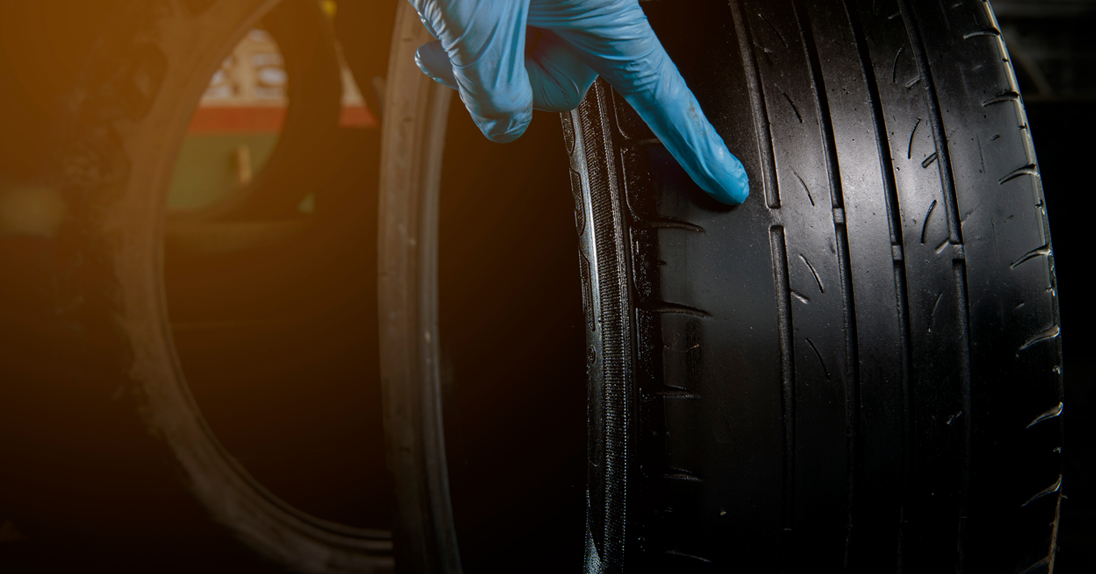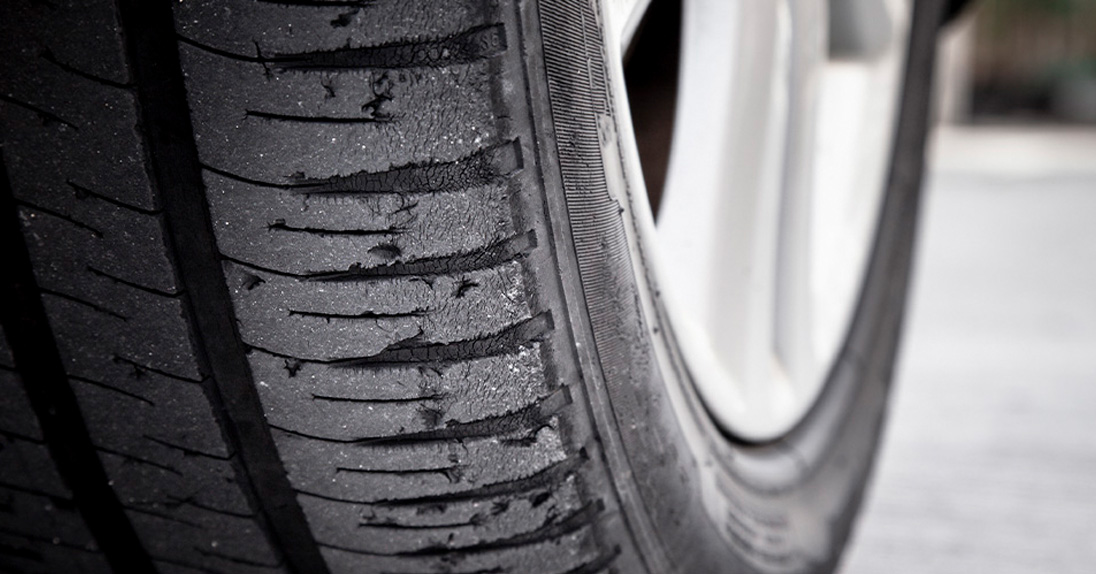Your car will be out of commission if your tyres aren't working. Consider this: your car's tyres are its sole point of touch with the road. They must be in excellent working order to guarantee your safety and the safety of other road users.
So, how long do you think should tyres last? "It depends," is the simple response. A typical pair of tyres should last roughly four to five years or 60,000 to 75,000 kilometers. However, there are a few key factors that will influence the lifespan of your tyres. Continue reading to find out more. What causes tyres to degrade over time? Let's take a look.
Tires should be replaced if they are 6-10 years old, regardless of tread depth, according to vehicle and tyre manufacturers. However, most Northern Virginia drivers' tyre tread will wear out before their tyres reach that age.
Don't forget to bring a spare! Depending on the age of your vehicle, you may be driving around with a spare tyre that has outlived its usefulness. Replace the tyre if it is more than ten years old.
Regarding the answer of the question “how long do new tyre last”, it totally depends on the followings:

Everyone knows someone who drives like they're in a video game about car racing. These people are more likely to have tyres that are prematurely worn out. Your tyres will be damaged if you regularly subject your vehicle to hard acceleration, heavy loads, and aggressive driving over speed bumps and potholes.
Your tyre life is influenced by your driving style as well as the number of miles you travel each year. The typical American motorist travels 13,000 to 14,000 miles per year.
The vehicle on which your tyres are mounted, believe it or not, has an impact on how long tyres last. SUVs and trucks put more weight on tyres than sedans, so if you don't have the right tyres, your vehicle's tyres may wear out quicker than planned.
Sometimes there's no obvious reason why one automobile model's tyres last longer than another's. Premature tyre wear and damage have been reported on some Honda CRV models, increasing the risk of blowouts or accidents on the road.

When answering the question: how long do tyres last, consider not just how you drive and how often you drive, but also where you travel.
Tire wear varies depending on the terrain you drive on and the location you reside in. Reduced temperatures result in lower tyre pressure, which may lead to underinflation, flat tyres, and, ultimately, dangerous driving conditions. Extremely high temperatures, on the other hand, cause the pavement to warm up, increasing the friction between your tyres and the road. If your tyres aren't filled correctly or are cracked or broken, the increased heat output from them may be problematic.
Tire life is shortened by exposure to sunlight and warmer temperatures, so tyres in hotter, Southern climates need to be replaced more frequently.